The Lost Generation? Gen Z in 2020
Pre-global pandemic, Gen Z were already known as the anxious generation with concerns ranging from mass shootings, climate crisis, systemic racism, the impact of social media and an unknown future. Now to add to their woes they have been severely impacted by school and university closures, we are entering another recession, and a question mark hangs over their next few months.
Gen Z are born between 1995 and 2010

The Bad
The great overwhelm
According to a Harris Poll survey published at the end of March, young service workers under the age of 22 are losing more work hours than any other demographic, and almost a third of Gen Z workers had been put on leave compared to only 13% of older generations.
- Almost 3 Million US adults moved back home in the wake of coronavirus, according to Zillow – a large majority of those who moved home in March and April (about 2.2 million) are Gen Z.
And it is not just economic worries that are troubling the younger generations as a result of the virus – mental health issues are also being exacerbated. According to an article on NPR many young people see “continued social isolation as a much greater risk than COVID-19 to their own mental health”. The idea that as digital natives, used to communicating by screen, they are less affected just doesn’t hold up. We all crave connection and for young people it is critical to their social development.
- 8% of American teens attempt suicide each year.
- 78% of Huck readers are more worried about the future than before the pandemic (compared to only 5% who feel less concerned). Huck audience survey June 2020.
- 76% of Huck readers say they feel overwhelmed by the news / media compared to before the crisis. Huck audience survey June 2020.
The current Covid crisis is interlinked with other crises they are experiencing – Gen Z don’t separate racial inequality from activism, or mistrust in governments from trans rights. All these issues are connected and add fuel to feelings of overwhelm and anxiety.
The Good
Radical optimism
In the face of ongoing hardship Gen Z remain radically optimistic, and aware of their immense power and potential. Using TikTok to sabotage Trump’s campaign rally (before he banned it in spite) is just a small example, they understand the huge power they wield as future voters and leaders.

case study: Life After Lockdown
Poet and English teacher Caleb Femi who had been named the first young people’s laureate for London in 2016, created the Life After Lockdown poem, crowdsourced from Gen Z in Britain and brought to life through a new short film told through moving image, photography and content submitted by National Citizen Service graduates.
Overcoming activism anxiety
In the UK, 4 out of 5 Gen Zers believe that peaceful protests are necessary to facilitate change. A study conducted by Screen Shot digital magazine on Yubo confirms that most of Gen Z intend to protest peacefully and not violently and half of their parents hold the same belief.
1 out of 3 said their mental health has been impacted by the surge of online images and videos of the protests and there is a growing acknowledgement of a need to treat activism as a full time job, from which you need to take respite and prevent burn out.

case study: Headspace Mini
The first of Snap’s new Mini applications rolled out in July , with tools from meditation app Headspace, as part of an initiative “to help support the mental health and emotional wellbeing of Snapchatters,” a Snap spokesperson said in a statement. Snap says its research shows that feelings of anxiety, depression, stress and other mental health challenges are high among its users, and it found that users usually want to turn to their friends first when dealing with these feelings.
Diversify our Narrative
Gen Z are taking action in all areas that directly affect them. Education (or lack thereof) is a primary concern and many are pushing for change in their schools and universities.

case study: Diversify our Narrative
Youth-led campaigns like #DiversifyOurNarrative have been working to “introduce more diverse, anti-racist texts in America’s public school system”. Students, alumni and teachers across the country have been petitioning for local governments and school boards to make changes to curriculum. Many of their proposals have called for reading materials with more writers of colour, ethnic studies programs and the expansion of existing history classes as well as the need to increase teacher diversity, initiatives to reduce the racial achievement gap and more lenient disciplinary policies to address problematic behaviour.
Regenerative Futures
62% of 2020 graduates reported feeling confident that they will work in their dream industry, a drop from 83% in 2019 (source: Milkround/HRmagazine). Some savvy brands and media platforms are providing opportunities for eager minds beyond traditional hiring routes.

case study: The Regenerative List
The Regenerative List is building a team of 100 forward-thinking young people, offering them mentorship, cash and the chance to school world leaders in what they do. Partners of the Regenerative List include Gucci as well as a partnership with the UN that invites next gen innovators to mentor global leaders towards a regenerative future.
Brand support systems
Long before lockdown Gen Z consumers were demanding a different relationship with brands and exercising their ethics in their purchasing decisions. During this time of re-examination, informed Gen Zers re-assessed their spending priorities further. Smart brands have taken note of the tough times facing Gen Z and stepped in to offer help and resources.

case study: Virgil’s Scholarship Fund
Designer Virgil Abloh, who had been called out by detractors for an unwillingness to speak out on BLM protests has launched the "Post-Modern" Scholarship Fund that supports Black students who might need professional mentorship, access to learning or creative resources, or financial support to complete merit-based scholarships or to enter into the industry of their choice. With the fund set to grow, the initial $1 million is made up of a donation from Abloh himself, as well as further financial contributions from partners including Louis Vuitton, Evian and Farfetch.
Why this matters to you?
In many ways what you are selling – your product – is irrelevant if you are not offering this audience something else: support, resources for learning, opportunities. That Gen Z can see straight through marketing hyperbole is old news, but now more than ever they simply have no time for it.
Gen Z do not trust traditional institutions and have little faith in governments to make the positive changes that are needed so the pressure on the private sector is ever increasing. This audience hasn't given up on products but beyond aesthetics and function they want to engage with companies that advance knowledge and education and ultimately positive change.
“I think my generation’s deep desire for radical change springs from our ability to see, more clearly than anyone else, the broken path ahead.”
— Katherine Hu, The New York Times
See also, Beyond Fluidity: Reimagining Contradiction as a Positive.
Helen Job, Head of Insight at TCO London
The world of the coronavirus, with its doom and gloom, is the world young people have been trying to tell their elders about, one where a single unexpected medical bill can destroy a family’s finances and climate change leads to empty shelves at your local Target. More than any other generation, we realize that any of us could be next — that tomorrow, we could be the person making a desperate plea on GoFundMe.





